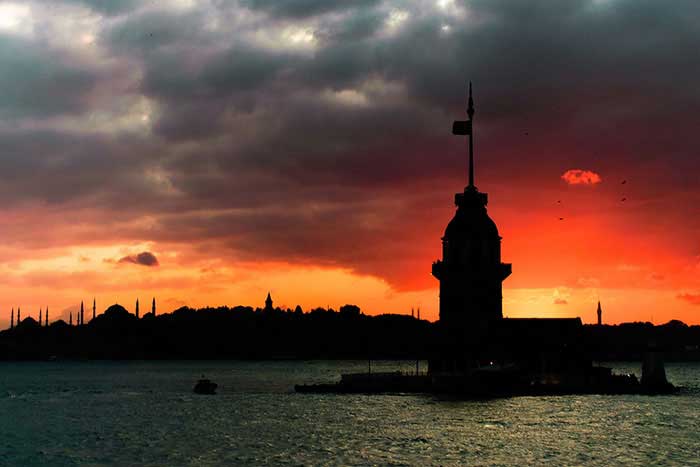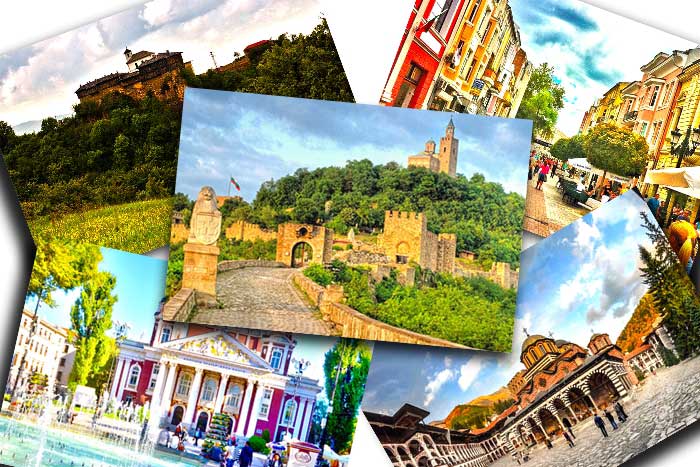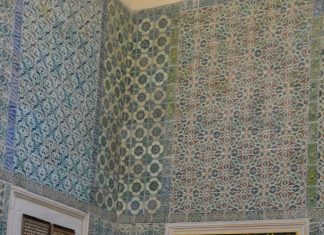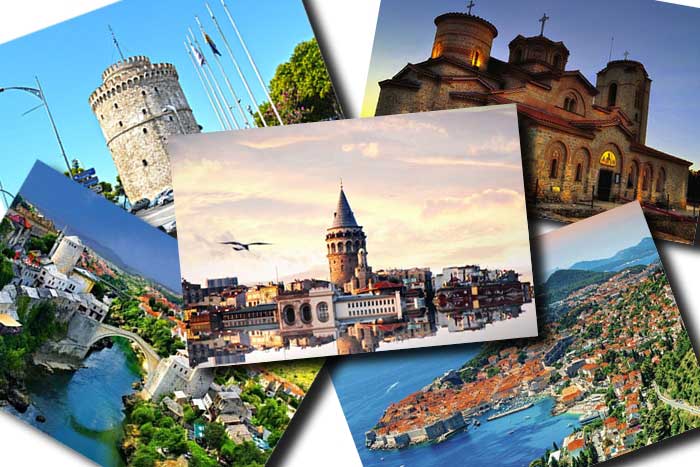Istanbul day tour – When a mother has her baby, she feels the greatest love ever. She can do anything for that little baby. The most innocent one is to call that baby different names.
Istanbul is that baby – Istanbul old city tours
Now, back to our topic. Istanbul is that ‘baby’. It was born by the Megarian colonist, Byzas (the son of the god Poseidon and the nymph Keroessa, daughter of Zeus and Io). Before he was leaving Greece, he asked the oracle at Delphi where he should establish his new colony. The answer he got was enigmatic – ‘Opposite the blind’. While he was sailing up the Bosphorus, he remembered the words of the oracle as he noticed the colony on the Asian shore at Chalcedon.
Then on the European shore they saw the small fishing village of Lygos. It was built on a magnificent and easily fortified natural harbour of the Golden Horn. Thinking, as legend has it, that the settlers of Chalcedon must have been blind to disregard such a good and strategic position, Byzas and his fellows settled their new town there and named it after its founder Byzas, Byzantium..istanbul day trips
The new colony quickly prospered but the following historical events brought it under the rule of Septimius Severus. He named his new city Augusta Antonina and it was subsequently ruled by a succession of emperors. When Constantine the Great became a sole emperor of a reunited empire (in the east – Augusta Antonina and in the west – Rome), for a short period Istanbul was named New Rome. Soon after, it got the name Constantinople, in honour of Constantine the Great. Don’t you want to see all these in Istanbul Day Tours. Why not find out whether Ephesus had ever changed its name, in Ephesus daily tour istanbul day tours.
The name Konstantiniyye
After the Ottoman conquest in 1453 the name Konstantiniyye became the most formal official name in Ottoman Turkish. It remained like that for most of the time up to 1923, the year Turkey became Republic. The modern Turkish name Istanbul is attested since the 10th century and it comes from the Greek phrase ‘istimbolin’, meaning ‘in the city’ or ‘to the city’.








